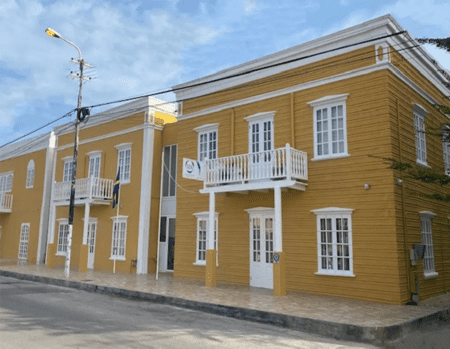Most asked questions
How long does the SER take on a report / advice?
In 2017, the advice given usually progressed quickly and varied from 5 days (in case of urgent advice request) to 4.5 weeks. The average advisory period was 2.5 weeks. This quick advising compared to previous years (in which the average advice period was 2.5-3 months), may mainly be attributed to the nature of the advice requests.
Should the government seek advice on all socio economic issues?
Besides the Cabinet, can others also ask for advice?
How are the members of the SER appointed?
The nomination of members of employees and employers is a matter of the central trade unions and central employer’s organization itself. They determine who will represent their organization in the SER.
The members are in the SER without burden or consultation.
Which is the role of the independent members?
They also act as a mediator when employees and employers are in disagreement. These are commitments that independent members formulate. When creating the groups of independent members, it is important that relevant scientific disciplines are well represented.
How does the SER built on broadening public support for topics in the social-economic field?
Are there also international SER’s?
There are Social and Economic Councils and Similar Institutions worldwide. On 1 July 1999– partly at the initiative of the Dutch SER- the International Association of Economic and Social Councils and Similar Institutions (AICESIS) was established. The purpose of this association is to exchange experiences mutually and to encourage the creation of social and economic councils and similar institutions in other countries as well. The association has members in Europe, Africa, Asia and Latin America.
For the period 2023 to 2025, the Board of AICESIS for the Caribbean and Latin-American region is represented by Curaçao, Aruba and Sint Maarten.
Furthermore, Ms. M. Sboui-Racamy (SER Curaçao) is the Acting Secretary General for the Latin American and the Caribbean region from 2023 to 2025.
More information

Social and Economic Council
Ansinghstraat #17
Curacao
Tel: +5999 461 5406 / 5328
Fax: +5999 461 5399
